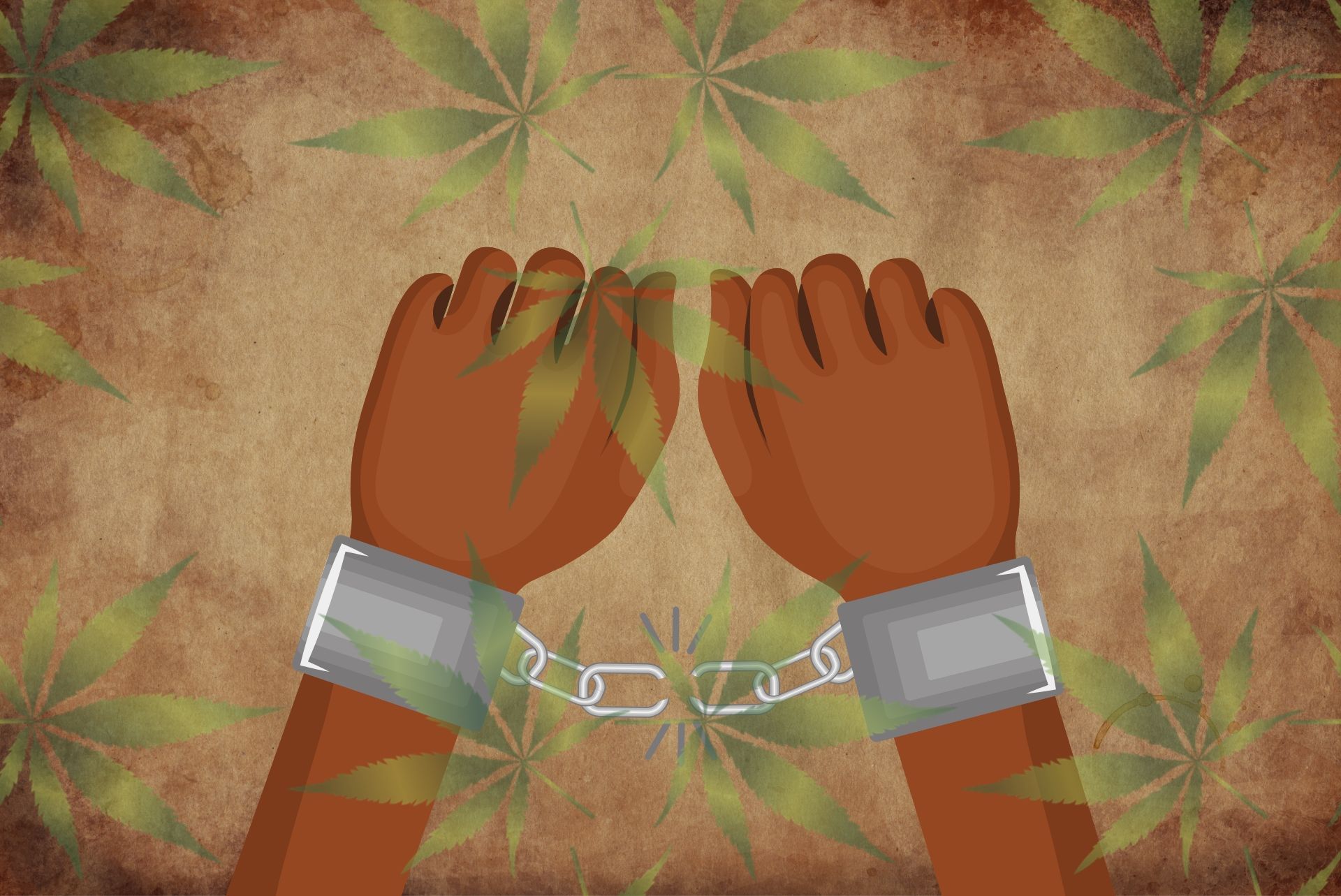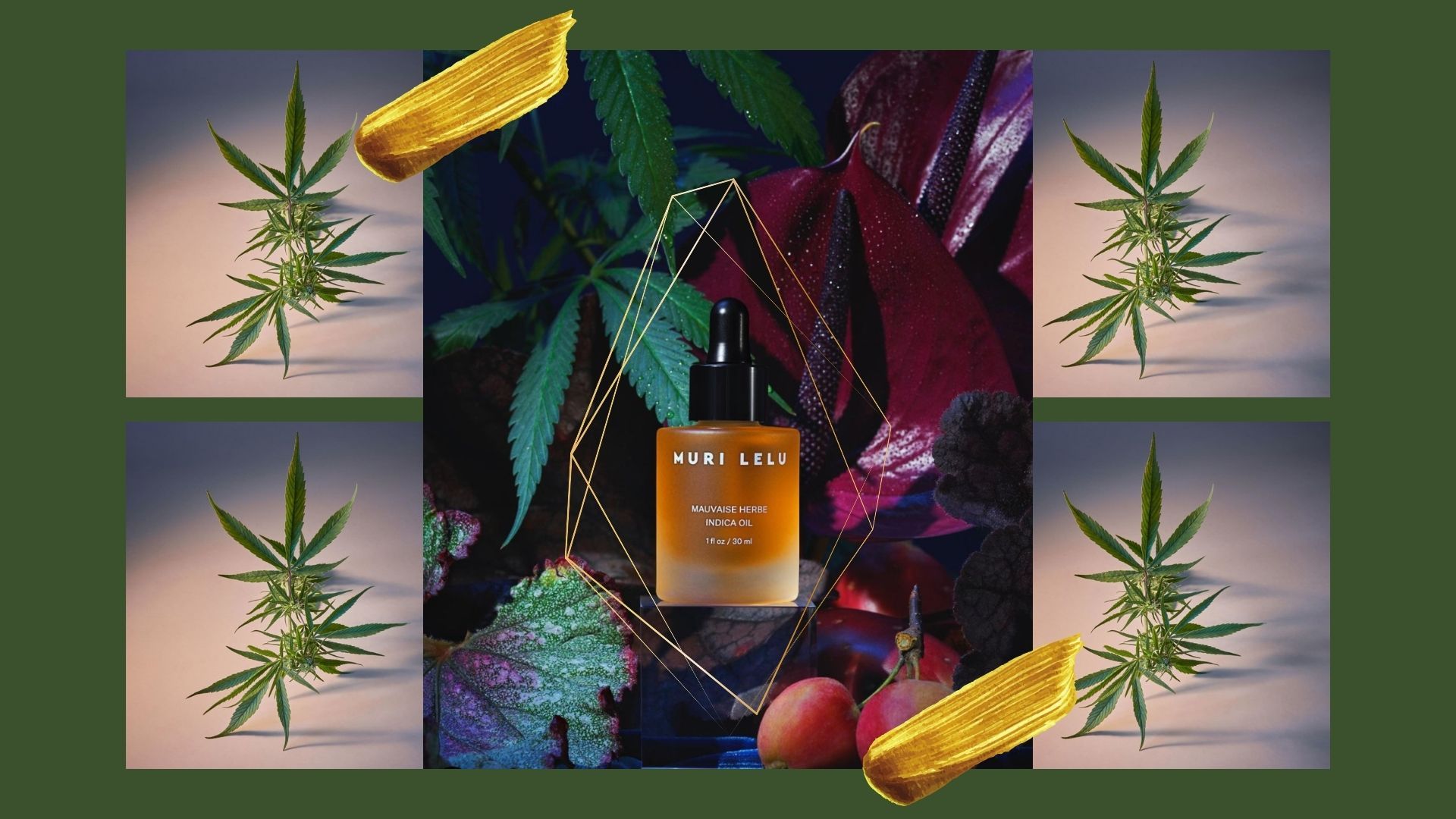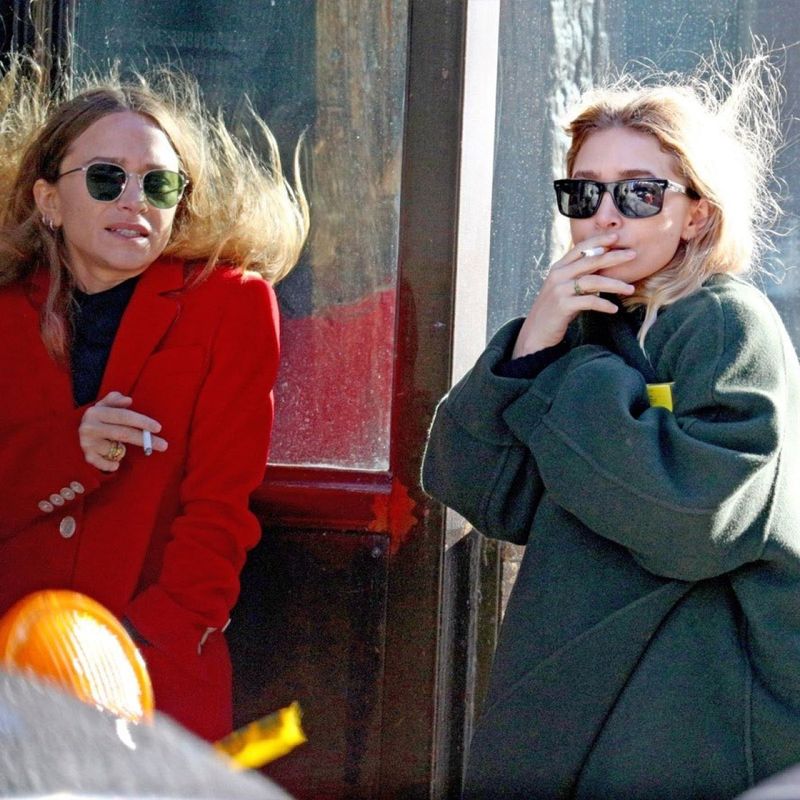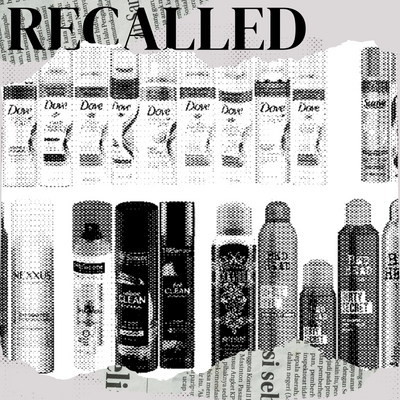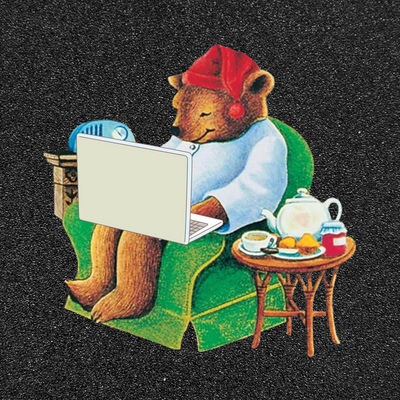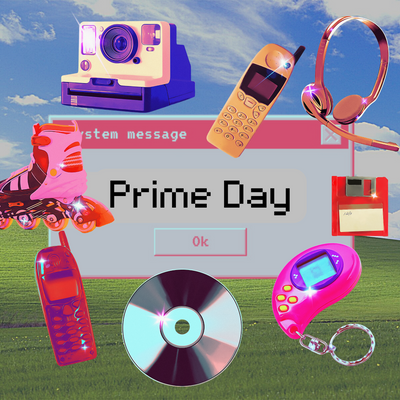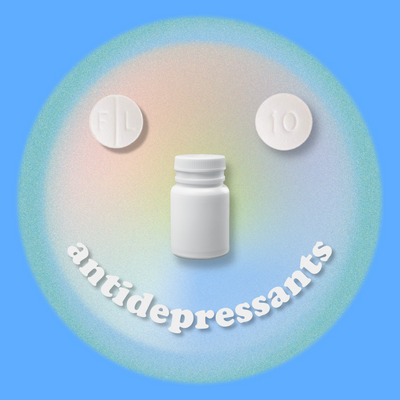Up until 1993, you could still light up a cigarette in a hospital.
After generations of trying to loosen the chokehold cigarettes had on society, Gen Z is taking their nicotine usage to the next level. (Or maybe it's the previous level?)
As of 2019, 18% of Gen Z vapes regularly. This was in part to some key players like JUUL, a discreet little device with a pod in various fruity flavors. Whereas cigarettes were a stinky little vice that required stepping outside for a fix, vaping allowed people to take a hit here and there with no one being the wiser. A clear choice, right?
Maybe not. Experts say cigarette sales rose for the first time in 20 years during the pandemic — in part because people had extra money to throw around due to fewer travel expenses. Also, since people were working from home, they could smoke whenever they wanted. At work or school, you couldn't take ten breaks a day to smoke a cigarette or hit your vape. At home, you had the option to do it all day, facilitating more frequent nicotine intake.
To further complicate this perfect storm, studies also show that Gen Z was the most stressed-out generation during the pandemic. Although researchers recently saw a rise in smoking in this generation, they see it as stress relief and social activity versus a long-term habit.
Being a Gen Zer myself, I know that this is not simply a stress-induced social activity people are trying out. Gen Z is all about self-branding and bringing back old trends. Gen Z is smoking because it's edgy, reminds them of icons from past decades, adds to their self-brand, and has an aesthetic most Gen Zers crave.
"Cigarettes are more of the vibe than vapes."
Enter “Indie Sleaze” — an aesthetic revival of the fashion trends of the 90s, 2000s, and 2010s. The look is messy, '90s grunge and 2000s emo, topped with an almost kitschy take on retro style. It serves as a moral antithesis to hustle culture. (e.g., Swapping out "rise and grind" with "woke up at noon, where am I?") It’s only fitting that a generation laser-focused on nostalgia would bring back more than just fashion.
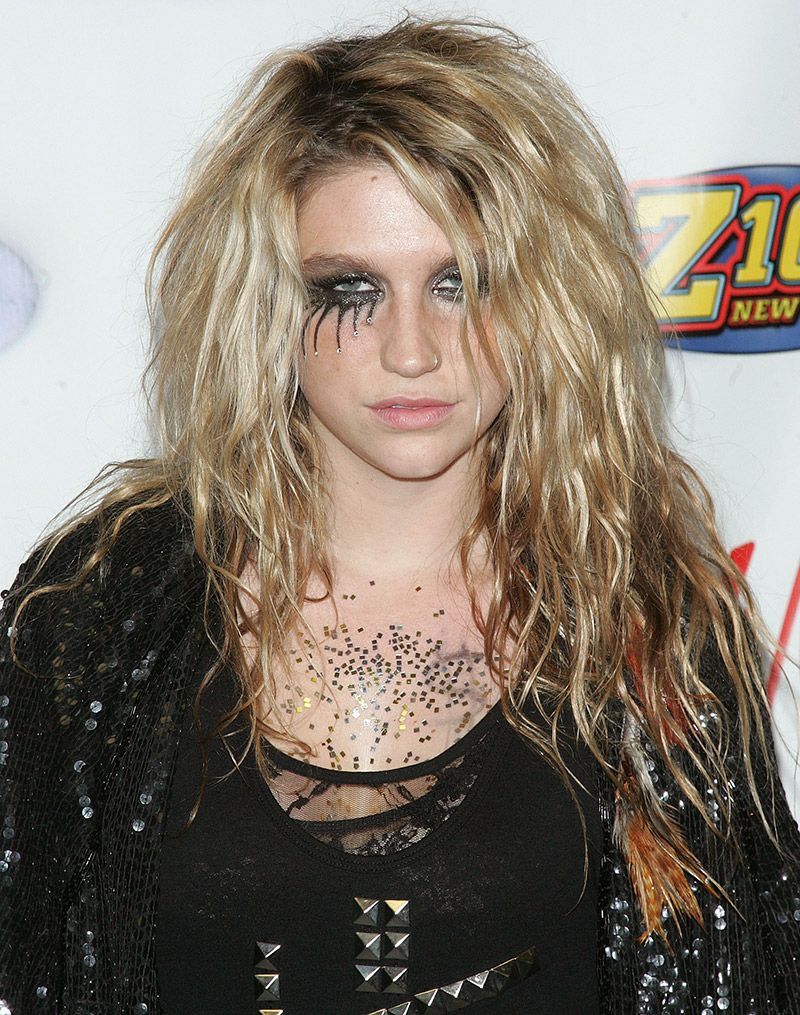
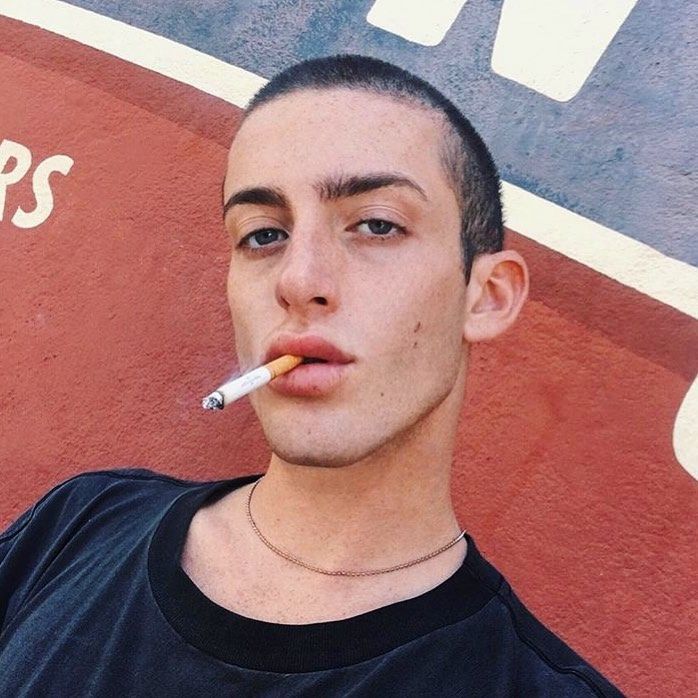
Vicky, 21, said that she only smokes when drinking with friends or at bars. She says she’s not addicted to nicotine, but when people are around who are smoking or vaping, she has the desire to. It's social and peer-influenced. I asked her what she classifies as a smoker, and she said, "people who smoke by themselves."
This is a compelling point because Gen Z doesn't classify smokers simply as “people that smoke.” A smoker, to us, is someone smoking by themselves, doing it in the middle of the day, or not in a social atmosphere. She also said our generation would never fess up to being addicted because "it's hot to smoke a cigarette, but not hot to be addicted." I asked Vicky why she thinks our generation is smoking more often; she says, "especially going to an art school, cigarettes are more of the vibe than vapes, it makes you look cooler, and we love our self-image."
Sean, 23, "The Gen Z smoking culture is interesting, to say the least. Our generation is smoking, but it is a social activity and not just smoking a cigarette while driving your car or watching TV in your living room. There's almost an etiquette for it to be acceptable like bars, social events, making it a casual thing, and by all means, don't make people think you're addicted." [Editor's note: As of 2022, smoking in bars is outlawed in 45 states.]
Is it possible to compartmentalize smoking in that way? Nicotine is one of the most addictive substances available to the public — comparable to opioids and cocaine. I spoke with Dr. Jessia Pae, psychologist, to see if a “social smoker” is really any less addicted than an “always smoker.”
Dr. Pae’s response brings light to this complicated question. “Nicotine is addictive, and adolescents report that they like the buzz. Not everyone who smokes has an addiction, so it is possible to be a social smoker. However, people often do not recognize when they do have an addiction which makes it complicated. Sometimes, people start as a social smoker and have a very difficult time quitting. This makes it hard to differentiate.”
Dr. Pae followed this response with what she has personally seen from this generation. “Clinically speaking, I am seeing a lot of Gen Zers use vape pens. They are discreet. There is also a perception that vaping is not as harmful as cigarettes, but I think there is not enough longitudinal data to show the long-term effects of using them. It is also difficult because many who vape tend to ‘hit them a lot’ until it’s all gone, which can be more addictive. People are also reporting that vaping and nicotine have also been used as a coping mechanism to help with anxiety management which is not a great long-term solution for anxiety.”
With every trend, it comes and goes, so smoking as an accessory and social activity will eventually fizzle out. This one may take some time because it's definitively more addictive than the microskirt. But for now, it's hot and will remain burning until Gen Z decides to bring back another trend; maybe it'll be the side part and infinity scarfs. Let's hope not.
READ MORE LIKE THIS

